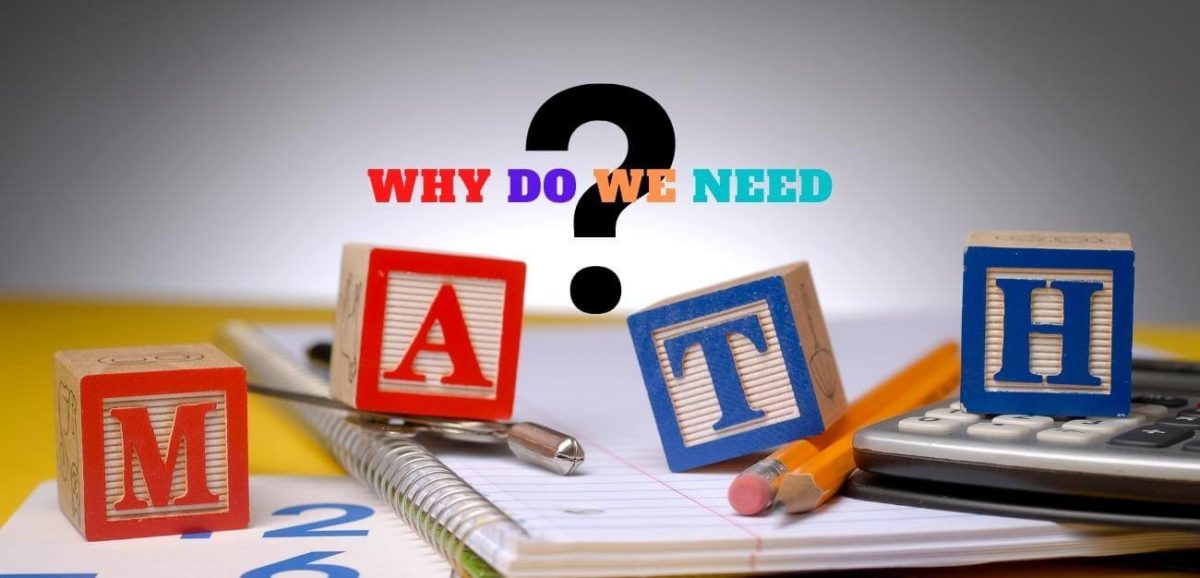Math. We all had to learn it at some point, but why do we need it? While it may seem like a difficult and pointless subject for many students, it is actually necessary for everyday life. Without math, a lot of things would be very confusing! So when your child asks why they need to […]
Categories
Why Do We Need Math?



